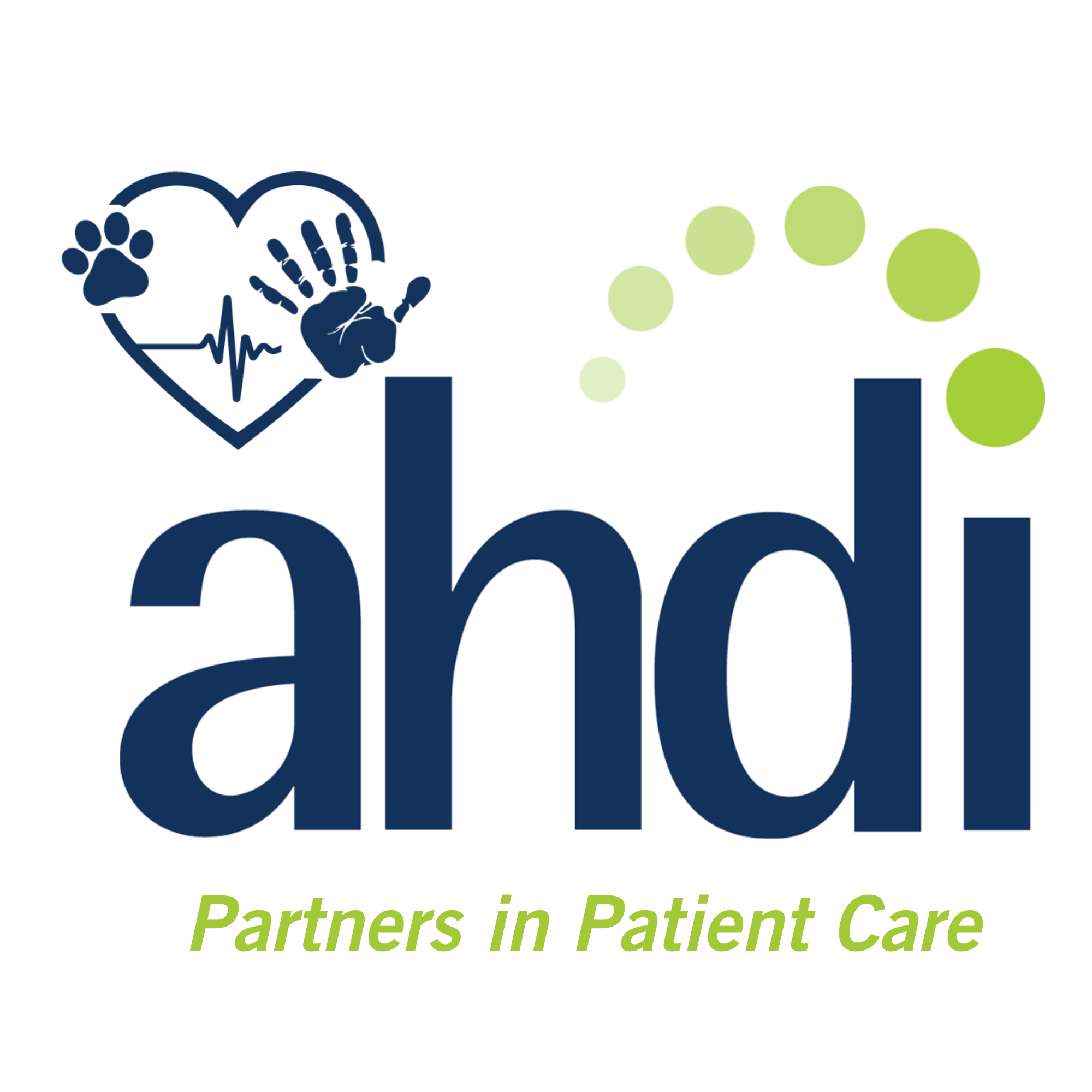Inquiring Minds Want to Know – Oncology
INQURING MINDS WANT TO KNOW
ONCOLOGY
Andrea Sopko, CHDS
If someone in our family has cancer, does that mean we will get it also?
Sometimes, certain types of cancer seem to run in some families. In some cases, this might be because family members share certain behaviors or exposures that increase cancer risk, such as such as smoking. Cancer risk might also be affected by other factors, like obesity, that tend to run in some families.
In other cases, cancers that run in families can be caused by an abnormal gene that is passed from generation to generation. Although this is often referred to as inherited cancer, what is inherited is the abnormal gene that can lead to cancer, not the cancer itself. Only about 5% to 10% of all cancers are thought to result directly from gene defects (called mutations) inherited from a parent. https://www.cancer.org/cancer/cancer-causes/genetics/family-cancer-syndromes.html
Can we find out if we are predisposed to getting cancer?
Genetic testing is the use of medical tests to look for certain mutations in a person’s genes. Many types of genetic tests are used today, and more are being developed.
Genetic testing can be used in many ways, but here we’ll focus on its use in looking for gene changes linked to cancer.
What happens to our genes that causes cancer?
Genes experience mutation.
What are the types of mutation?
There are acquired mutations and inherited mutations.
How do you get acquired mutations?
Most cancers start because of acquired gene mutations that happen during a person’s lifetime.
Acquired (or somatic) mutations occur at some time during a person’s life and are present only in certain cells, not in every cell in the body. These changes can be caused by environmental factors such as ultraviolet radiation from the sun or exposure to tobacco. Acquired gene mutations can also be random events that sometimes happen inside a cell without a clear cause. Acquired mutations in somatic cells (cells other than sperm and egg cells) cannot be passed to the next generation.
Acquired mutations only affect the cells that grow from the mutated cell. They do not affect all the cells in the person’s body. This means all the cancer cells will have the mutations, but normal cells in the body will not. Because of this, the mutations are not passed on to a person’s children. This is very different from inherited mutations, which are in every cell in the body – even the cells without cancer.
What is an inherited mutation?
Hereditary mutations are inherited from a parent and are present throughout a person’s life in virtually every cell in the body. These mutations are also called germline mutations because they are present in the parent’s egg or sperm cells, which are also called germ cells. When an egg and a sperm cell unite, the resulting fertilized egg cell receives DNA from both parents. If this DNA has a mutation, the child that grows from the fertilized egg will have the mutation in each of his or her cells. https://ghr.nlm.nih.gov/primer/mutationsanddisorders/genemutation
Should I have genetic testing for cancer?
Do you have any of the following? If you do, you may consider genetic testing.
- Any first-degree relatives (mother, father, sisters, brothers, children) with cancer
- Relatives on one side of the family who have had the same type of cancer
- A cluster of cancers in your family that are known to be linked to a single gene mutation (such as breast
, ovarian
, and pancreatic cancers
in your family). - A family member with more than 1 type of cancer
- Family members who had cancer at a younger age than normal for that type of cancer
- Close relatives with cancers that are linked to rare hereditary cancer syndromes
- A family member with a rare cancer, such as breast cancer in a male or retinoblastoma
- Ethnicity (for example, Jewish ancestry is linked to ovarian and breast cancers)
- A physical finding that’s linked to an inherited cancer (such as having many colon polyps)
- A known genetic mutation in one or more family members who have already had genetic testing
Before you get this testing done.
First you may want to speak with a genetic counselor and/or your personal healthcare provider. You may also want to review the information at various websites as follows:
https://www.cancer.net/navigating-cancer-care/cancer-basics/genetics/genetic-testing-cancer-risk
https://www.cancer.gov/about-cancer/causes-prevention/genetics/genetic-testing-fact-sheet
https://www.mdanderson.org/publications/focused-on-health/february-2015/FOH-genetic-testing.html
Where can one receive the best cancer treatment?
According to U.S. News & World Report… https://health.usnews.com/best-hospitals/rankings/cancer
Some of the best cancer treatment centers are listed below. There are many others also.
- The University of Texas MD Anderson Cancer Center in Houston
- Memorial Sloan Kettering Cancer Center in New York City
- The Mayo Clinic in Rochester, Minnesota
- Dana Farber Cancer Institute and the Brigham and Women’s Cancer Center, both located in Boston
- Seattle Cancer Care Alliance, which includes the affiliated University of Washington Medical Center
